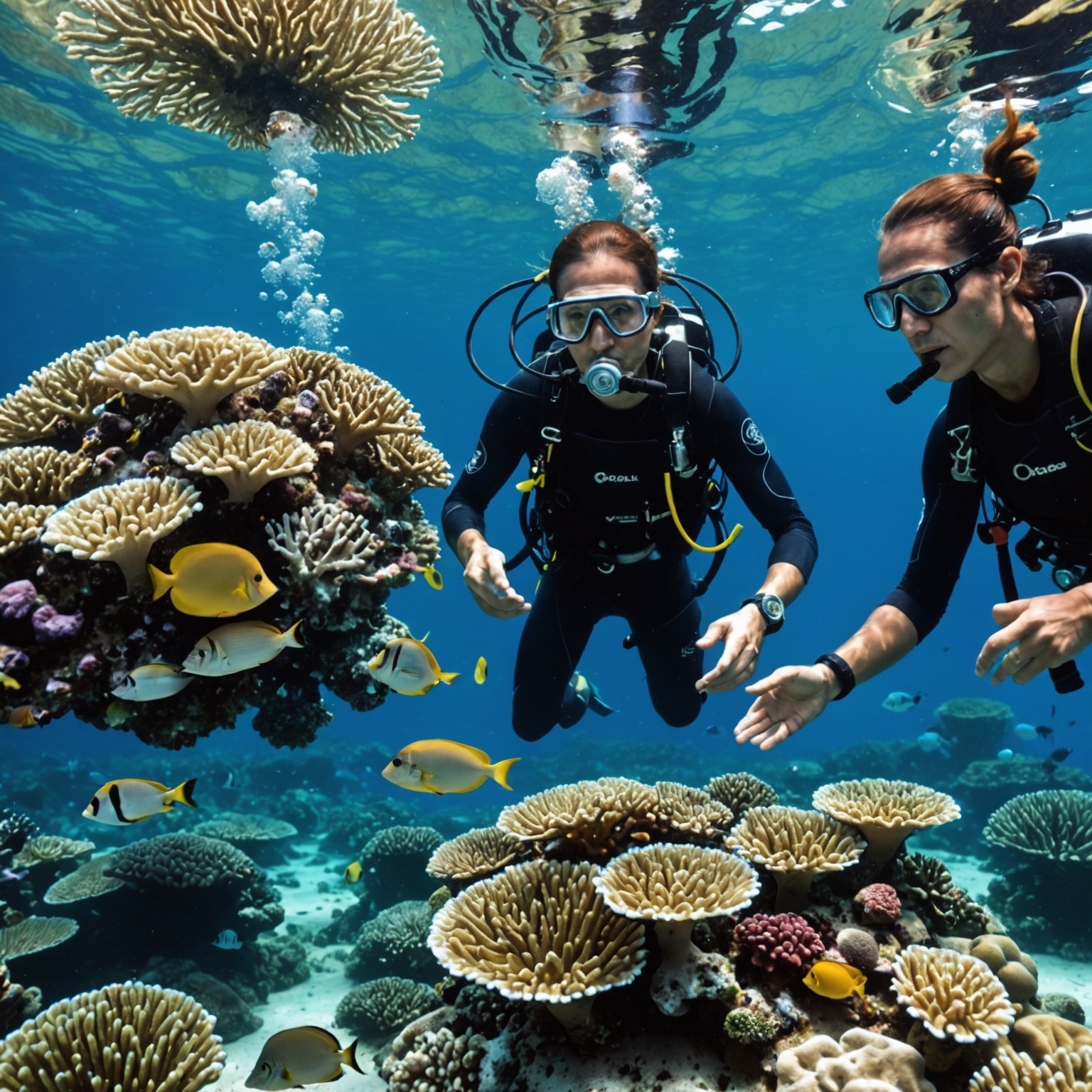The Future of Coral Reefs: Addressing the Bleaching Crisis

The Future of Coral Reefs: Addressing the Bleaching Crisis
The vibrant, life-supporting coral reefs, often referred to as the 'rainforests of the sea,' are facing a severe crisis. Coral bleaching, primarily caused by rising sea temperatures, poses a significant threat to these ecosystems. This comprehensive guide explores the causes, impacts, and most importantly, the solutions being developed by scientists and communities around the world to combat coral bleaching and ensure the survival of coral reefs.
Understanding Coral Bleaching
Coral bleaching occurs when corals, stressed by changes in conditions such as temperature, light, or nutrients, expel the symbiotic algae living in their tissues, causing them to turn completely white. This not only affects the aesthetic value of the reefs but also the complex marine biodiversity dependent on them.
Recent studies indicate that if sea temperatures continue to rise at the current rate, over 90% of the world's reefs could be at risk by 2050. The urgency to act is underscored by the reefs' role in supporting approximately 25% of all marine species at some point in their life cycle.
Efforts to address coral bleaching are multifaceted, involving both local and global strategies. These include monitoring water temperatures, reducing pollution, and managing fisheries more sustainably.
Innovative Solutions to Combat Bleaching
Scientists are tirelessly working on genetic engineering and selective breeding techniques to develop coral species that can withstand warmer temperatures. Other technological advances include 3D printing to create artificial reefs, which provide a temporary habitat for marine life while natural reefs recover.
Community involvement is also crucial. Local communities are engaged in reef monitoring and reporting activities, helping to gather essential data for conservation strategies. Educational programs increase local awareness and understanding of the importance of healthy reefs.
Global Collaboration for Reef Conservation
International cooperation is pivotal. The Global Coral Reef Monitoring Network (GCRMN) and other alliances work towards unified policies and shared research to manage reef ecosystems sustainably. Countries are urged to commit to reducing carbon emissions, a primary driver of global warming, as part of their contribution to reef conservation.
Protecting coral reefs is not just an environmental issue but also a socio-economic one, directly affecting the livelihoods of millions of people worldwide who depend on these ecosystems for food, income, and storm protection.








